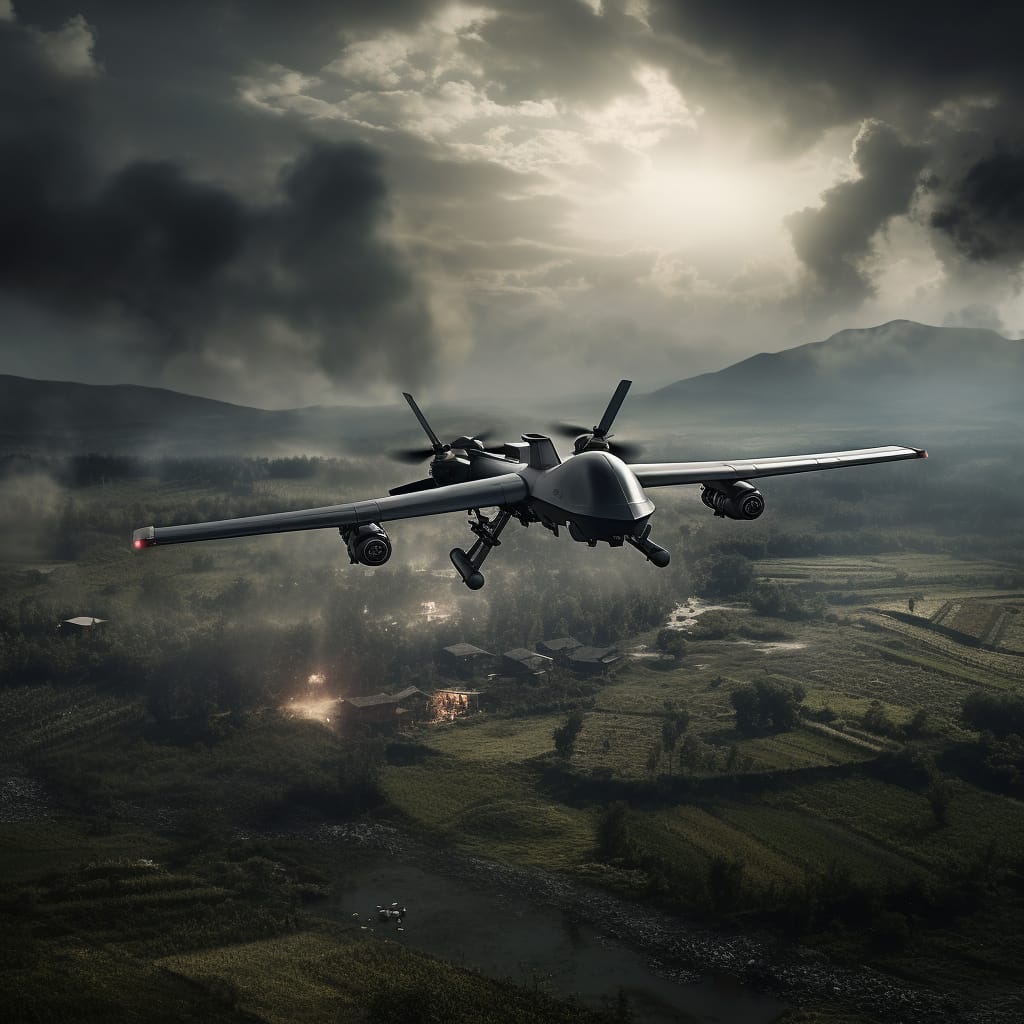Introduction
The integration of artificial intelligence into military robotics has revolutionized the way armed forces operate in the 21st century. These advanced machines have not only enhanced the effectiveness of military operations but have also raised questions about the ethics and implications of such technology.
The Role of AI in Modern Warfare
AI has enabled military robots to make split-second decisions, analyze vast amounts of data, and adapt to dynamic battlefield conditions. They have become indispensable tools for intelligence gathering, surveillance, and even combat.
The Titan X1: Unmanned Ground Vehicle
The Titan X1 is a formidable AI-powered unmanned ground vehicle designed for a range of missions, from explosive ordnance disposal to reconnaissance. Its rugged design and AI algorithms make it an invaluable asset for ground operations.
Aegis-X: The Autonomous Naval Defender
Aegis-X is an autonomous naval drone equipped with state-of-the-art AI-driven systems. It can detect and neutralize underwater threats, making it a vital component in safeguarding maritime assets.
AeroVanguard: The Sky Dominator
Taking to the skies, the AeroVanguard is an AI-powered aerial drone that excels in surveillance, target identification, and even air-to-ground strikes. Its ability to operate in contested airspace makes it a game-changer in modern aerial warfare.
Specter Recon: Stealthy Surveillance at Its Best
Specter Recon is an AI-infused reconnaissance robot with stealth capabilities. It can infiltrate enemy territory, gather critical data, and relay it back to command without being detected.
AI-Infused Military Drones
Military drones have evolved significantly, with AI enhancing their autonomy and decision-making capabilities. These drones can perform tasks such as search and rescue, supply drops, and precision strikes with remarkable accuracy.
The Future of Military Robotics
The future promises even more advanced military robots. AI will continue to play a pivotal role in the development of swarming drones, exoskeletons for soldiers, and autonomous vehicles for logistics.
Challenges and Ethical Considerations
While the advancements in AI-powered military robots are impressive, they raise ethical concerns. Questions about the potential for autonomous weapons and the need for stringent regulations loom large.
Conclusion
In conclusion, the year 2023 has witnessed a leap in the development of AI-powered military robots. These machines are reshaping modern warfare and offering new possibilities for defense and security. However, with great power comes great responsibility, and addressing the ethical dilemmas surrounding their use is paramount.








Leave a Reply